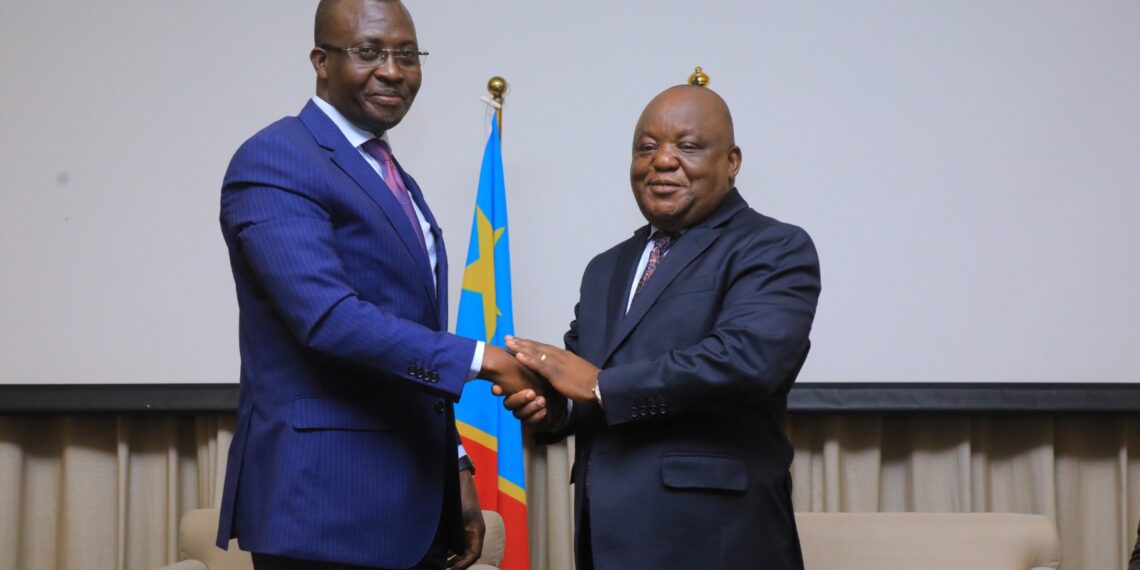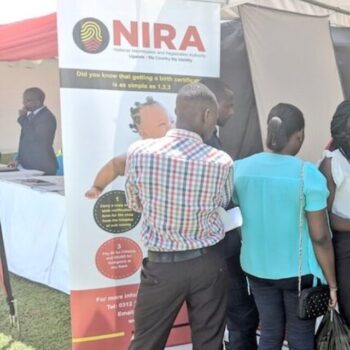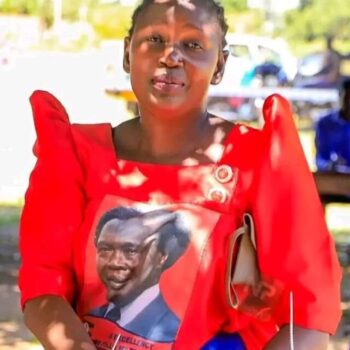Kampala, Uganda | NOW THEN DIGITAL — The Democratic Republic of the Congo (DRC) and Uganda have mutually agreed to waive entry visa requirements at their respective borders, aiming to bolster trade between the two nations.
This decision emerged from the eighth Joint Permanent Commission (JPC) held in Kinshasa and concluded on October 14. In a joint statement, signed by Uganda’s First Deputy Premier and Minister for East African Affairs, Rebecca Kadaga, and the DRC’s Minister for Regional Affairs, Antipas Nyamwisi, both countries resolved to abolish entry visa fees reciprocally, facilitating seamless movement of people.
President Yoweri Museveni had earlier urged Ugandan officials to cease requesting visas from Congolese citizens entering Uganda, underlining the importance of border crossings within East Africa being unrestricted. This directive followed complaints from locals who were charged a fee to cross into the DRC and vice versa. The JPC’s recommendation, if implemented, will enhance trade opportunities, especially for communities residing near the borders.
To act on the suggestions made during the meeting, the two nations agreed to establish a permanent joint follow-up committee within three months, responsible for generating quarterly progress reports. The officials from both sides emphasized the need to strengthen their bilateral ties to address shared challenges and improve the welfare of their citizens effectively.
During the conference, the objective was to identify new areas of cooperation and assess the progress of existing bilateral agreements. John Mulimba, the State Minister for Foreign Affairs for Regional Cooperation, acknowledged the DRC’s support in peace and security matters, including the ongoing Operation Shujaa, in his opening remarks.
In addition to emphasizing economic recovery post-COVID-19 and natural disasters, Mulimba stressed the importance of fostering economic ties and investment flows between the two countries. Supporting regional integration processes was highlighted as critical, promoting economic interdependence and shared benefits, potentially contributing to peace and reducing conflict.
Intra-regional trade was identified as a catalyst for knowledge exchange, expertise sharing, and technological advancements across nations. Cooperation in various sectors like industry, healthcare, education, and agriculture was emphasized to accelerate innovation, enhance productivity, and improve competitiveness.
To maintain focus and momentum in implementing agreed decisions, Mulimba called for enhanced review and monitoring of the JPC’s outcomes. He also acknowledged the historical and cultural ties between the nations, underpinned by shared Pan-African principles of Ubuntu.
Moreover, Mulimba conveyed President Museveni’s gratitude to President Felix Tshisekedi for his exemplary leadership as chair of the African Union (AU) and the Regional Oversight Mechanism of the International Conference on the Great Lakes Region (ICGLR) for 2022–2023.
Nyamwisi, his counterpart, condemned acts of terrorism in the DRC and expressed the readiness of the DRC government to rekindle mutually beneficial trade, cultural exchanges, and security ties. He reiterated the commitment of both heads of state to prioritize bilateral cooperation for the betterment of their nations’ populations.
The meeting encompassed discussions on various subjects, including military and security cooperation, border security and demarcation, neutralization of armed groups, arms control, repatriation of refugees, public administration, and decentralized cooperation. Cooperation in trade, taxation, customs, transportation, telecommunications, industry, agriculture, fisheries, livestock, pollution control in border zones, infrastructure development, hydrocarbon exploitation, and health matters were also on the agenda.
Additionally, they acknowledged the progress in implementing recommendations from the seventh session of the JPC held in Kampala at Speke Resort Munyonyo in 2018.
DETAILS TO FOLLOW













